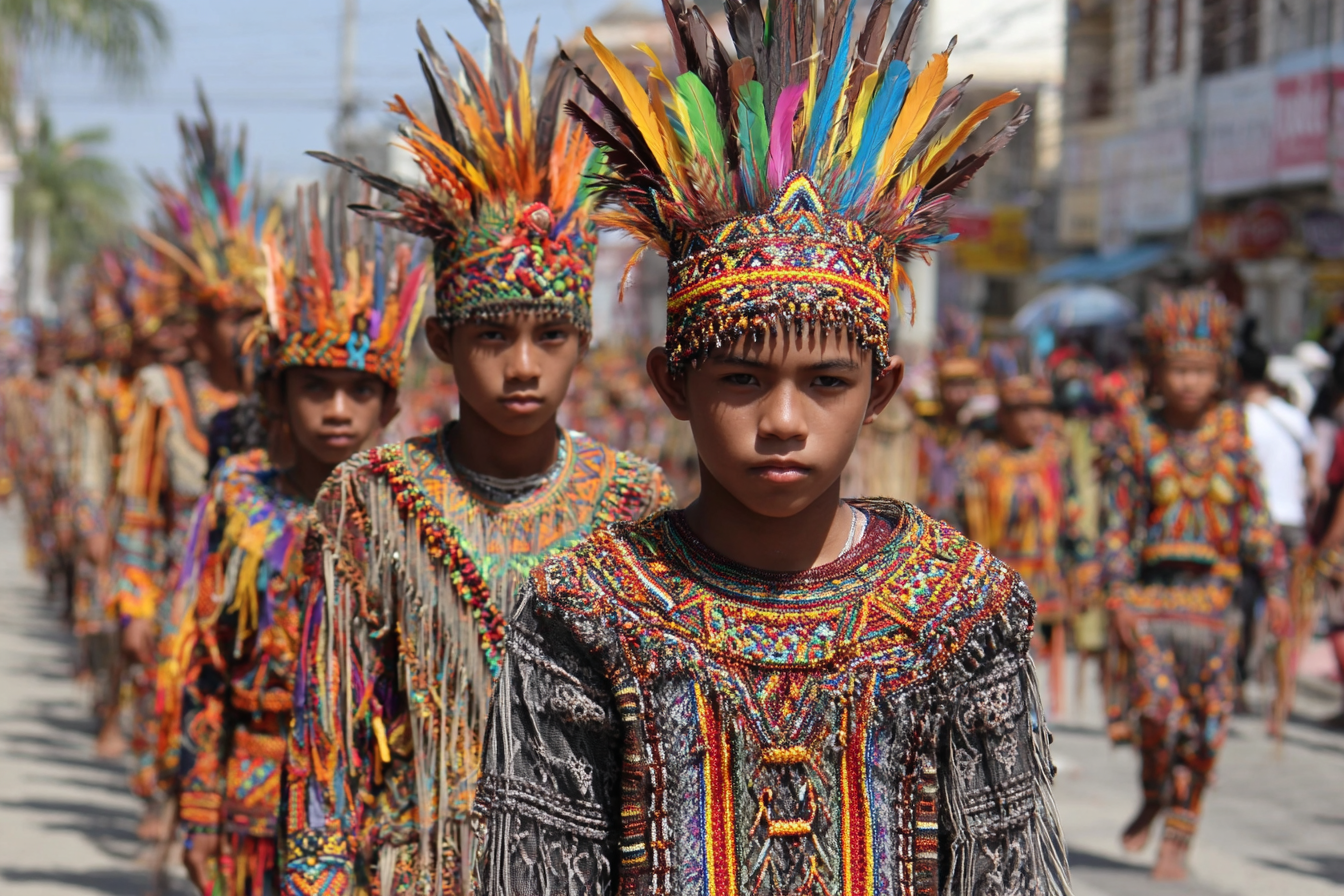Oslob, known globally for its stunning whale shark encounters and pristine beaches, offers much more than just natural beauty. Nestled in the southern part of Cebu, Philippines, this charming town is a treasure trove of cultural experiences waiting to be discovered. From vibrant festivals to traditional crafts, mouthwatering local cuisine, and historic landmarks, Oslob provides a rich cultural tapestry that connects visitors deeply with the community. Whether you’re a first-time traveler or a returning visitor, immersing yourself in Oslob’s cultural heritage will make your trip truly unforgettable.
Overview of Oslob’s Cultural Heritage
Oslob’s culture is a vivid blend of indigenous Filipino traditions and Spanish colonial influences. This heritage is reflected in the town’s everyday life, religious practices, arts and crafts, and local festivities. With a population deeply rooted in Catholic faith, the community celebrates a range of religious events that have been passed down for generations. At the same time, the indigenous people and local artisans keep ancient crafts and stories alive by practicing and teaching their skills. Visiting Oslob offers the chance to witness a vibrant lifestyle where history and tradition beautifully coexist with the natural landscape.
Annual Festivals and Celebrations
One of the best ways to experience Oslob’s culture is through its lively festivals that bring the community together in colorful displays of faith, music, and dance. Among these, the Sinulog sa Oslob stands out, celebrated every January in honor of the Santo Niño (Holy Child Jesus). This event features street dancing, traditional costumes, and religious processions that attract locals and tourists alike.
Another notable celebration is the Buling-Buling Festival held in December. This festival showcases traditional dances performed in the town’s plazas and streets, often accompanied by folk music. It’s a time when the entire community gathers to give thanks, share food, and express their cultural identity. Participating or simply observing these festivals offers a window into the heart of Oslob’s communal spirit and devotion.
Traditional Crafts and Souvenirs
Oslob is home to many skilled artisans who create beautiful handicrafts that reflect the town’s cultural heritage. Visitors can find intricate wood carvings, woven baskets, and native textiles produced using age-old techniques. These crafts not only make meaningful souvenirs but also support local communities and preserve traditional artistry.
One popular craft is the carving of religious icons and sculptures, often sold near the churches and marketplaces. Skilled craftsmen use local hardwoods to produce pieces that are highly sought after for home décor and religious devotion. Additionally, woven bags and mats made from abaca fiber are common finds, showcasing the town’s connection to natural materials and sustainable practices.
Local Cuisine and Culinary Experiences
Food plays a central role in Oslob’s culture, with traditional dishes that highlight fresh, local ingredients and time-honored recipes. Sampling Oslob’s local cuisine is a delicious way to connect with the community and understand the flavors that define the region.
Must-try dishes include the “sutukil” style of cooking—short for sauté, tuwa (stew), and kilaw (raw or ceviche-style seafood). Given Oslob’s coastal location, seafood is abundant and prepared in diverse ways, offering fresh and authentic tastes. Don’t miss out on “lechon” (roast pig), a festive favorite often enjoyed during special occasions and gatherings.
Local markets and small eateries—known as “carinderias”—provide opportunities to taste homemade dishes like “ginabot” (deep-fried pork intestines) and rice cakes such as “puto” and “bibingka.” Engaging with local cooks and vendors not only enriches your culinary experience but also opens dialogue about cooking traditions passed through generations.
Visiting Heritage Sites and Churches
Oslob houses several heritage sites that tell stories of its rich past and spiritual life. The most iconic among these is the Church of Our Lady of the Immaculate Conception. Built during the Spanish colonial era, this church stands as a symbol of the town’s enduring faith and architectural heritage. Its baroque-style façade and serene interior invite visitors to pause and appreciate centuries-old craftsmanship.
Aside from religious sites, walking through Oslob’s town center reveals ancestral houses and colonial-era structures, some still inhabited by local families. Exploring these sites provides a glimpse into the lifestyles of previous generations and the evolution of the town through time. Several museums and small galleries also offer exhibitions showcasing local history and cultural artifacts, enriching your understanding of the area.
Opportunities for Community Engagement
For travelers eager to go beyond sightseeing, Oslob offers opportunities to engage with the local community in meaningful ways. Volunteer programs with environmental and cultural groups allow visitors to contribute to preserving Oslob’s heritage and natural beauty.
Workshops on traditional crafts such as weaving or carving are often available, giving participants a hands-on experience while supporting local artisans. Additionally, some homestay accommodations are run by families who warmly share their daily routines, stories, and traditions, offering an immersive cultural exchange.
Participating in community-led initiatives not only enriches your travel experience but also fosters greater respect and understanding for the people and practices that define Oslob.
Respectful Cultural Tourism Practices
While exploring Oslob’s cultural experiences, it’s important to approach the community and its traditions with respect and mindfulness. Here are some simple guidelines to help ensure a positive and respectful visit:
- Ask permission before taking photos, especially in sacred or private settings.
- Dress modestly when visiting churches and religious events.
- Support local businesses and artisans by purchasing handmade crafts and eating at community-run establishments.
- Respect local customs during festivals and ceremonies, observing quietly and following local protocols.
- Be environmentally conscious by minimizing waste and avoiding damage to historical sites and natural surroundings.
By embracing responsible cultural tourism, visitors help preserve Oslob’s heritage for future generations and build genuine connections with the local people.
Discovering Oslob’s cultural experiences beyond its famous beaches opens a deeper dimension to your journey. From vibrant festivals and traditional craftsmanship to historic landmarks and heartfelt community interactions, every moment offers a unique story to cherish. Embrace these authentic encounters to enrich your travel, fostering a meaningful appreciation for the rich cultural fabric that makes Oslob truly special.







